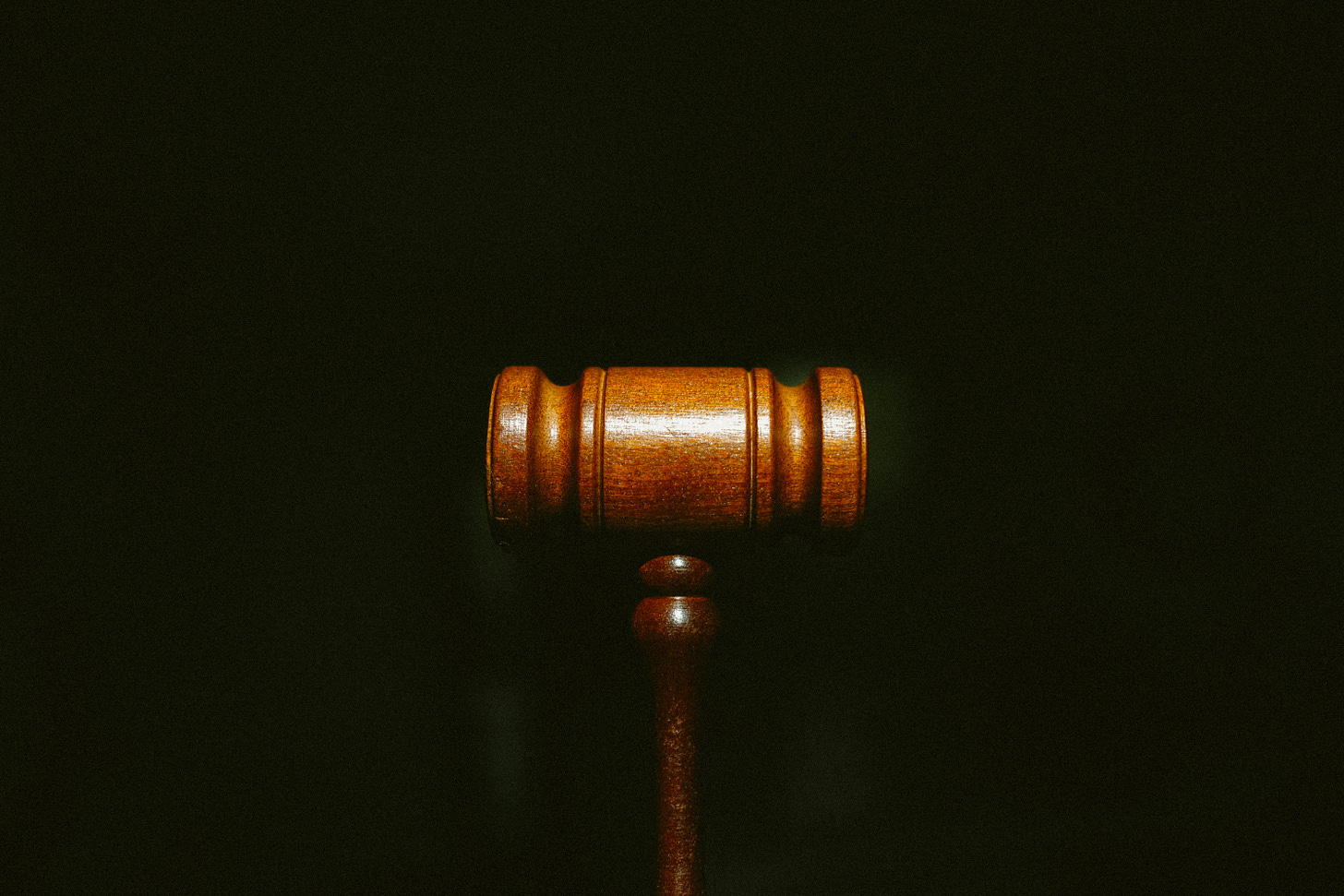CNN leaks Operation Influencer wiretaps
The leaks trigger renewed calls for a reform of the justice system

The Public Prosecutor's Office has opened an investigation after the transcript of wiretaps of telephone conversations between the former Prime Minister, António Costa, and the then Minister of Infrastructure, João Galamba, were leaked.
According to information released by various media outlets, the MP's investigation is aimed at the wiretaps released on Tuesday by CNN Portugal, including one that shows António Costa calling João Galamba to order the resignation of TAP's CEO, for political reasons, after the controversial compensation of 500,000 euros to former administrator Alexandra Reis.
Photographs were also released showing how 75,800 euros in banknotes were hidden in the room at the Palácio de São Bento where António Costa’s then chief of staff, Vítor Escária, one of the five arrested in this case last November, worked.
On Tuesday, in the Committee on the Economy, Public Works and Housing, the CEO of TAP, Luís Rodrigues, said that he does not know and has never spoken to António Costa, statements made after the wiretaps were made public.
Contacted by Lusa about the wiretaps concerning TAP intercepted as part of the Operation Influencer case, João Lima Cluny, António Costa's lawyer, said only that “the case in which António Costa was heard is under judicial secrecy” and that the former prime minister “was not confronted with any of these elements or facts”, and had no further comment to make.
Justice System Reform
In reaction to the wiretaps, the signatories of a manifesto calling for a reform of the justice system and criticising the Public Prosecutor’s Office, particularly in regards to the Operation Influencer, which led to the fall of António Costa’s government, called on Tuesday in a statement for “explanations from the Public Prosecutor’s Office and its hierarchy, particularly the Attorney General of the Republic,” Lucília Gago.
For the signatories of this manifesto, the disclosure of the wiretaps “is yet another moment, among others, of a violation of the basic rules of the democratic rule of law, with the involvement and participation of those responsible in the justice and media sectors, who should have been at the forefront of its defence”, criticising not only the disclosure, but also its transcription and the fact that it was considered to have “criminal relevance to an ongoing criminal case”.
Impact on Costa’s European Prospects
This all happens - some have suggested, because of it - at a time when António Costa is running for the European Council Presidency.
Contrary to initial reports, there was no agreement on Monday night in Brussels, where Costa was widely tipped to be appointed for the position, and a decision has been ‘postponed’ until a new dinner meeting next week.
At a conference in Lisbon on Tuesday, António Costa refused to talk about his candidacy or to comment on the current state of the process for choosing the presidencies of the Council, Commission and European Parliament.
António Costa then quoted the former President of the Republic and Social Democrat Prime Minister, Aníbal Cavaco Silva: “I'm going to use a quote from a predecessor of mine that I don't quote very often, (…): ‘Let them work’. So let the European Council work and then we'll see the results,” he said.
“I've had enough years in the European Council to know how difficult the work in the Council is. What I wish all the members is good work, good decisions, for the future of Europe,” he added.
Speaking in general terms about the workings of the European Council, which brings together the leaders of 27 member states, the former PM described the decisions that come out of this body as “permanent miracles”.
“They are proof of the will of the 27 member states to be together, despite everything. There are 27 member states with different dimensions, often contradictory interests and very different histories and, despite everything, they come to an agreement,” he observed.
At the end of the conference, former European Council President Van Rompuy was asked if he thought António Costa was a good candidate for the post, but the Belgian took refuge in diplomacy. He turned to the former Portuguese Prime Minister and said: “I wish you good luck”.



